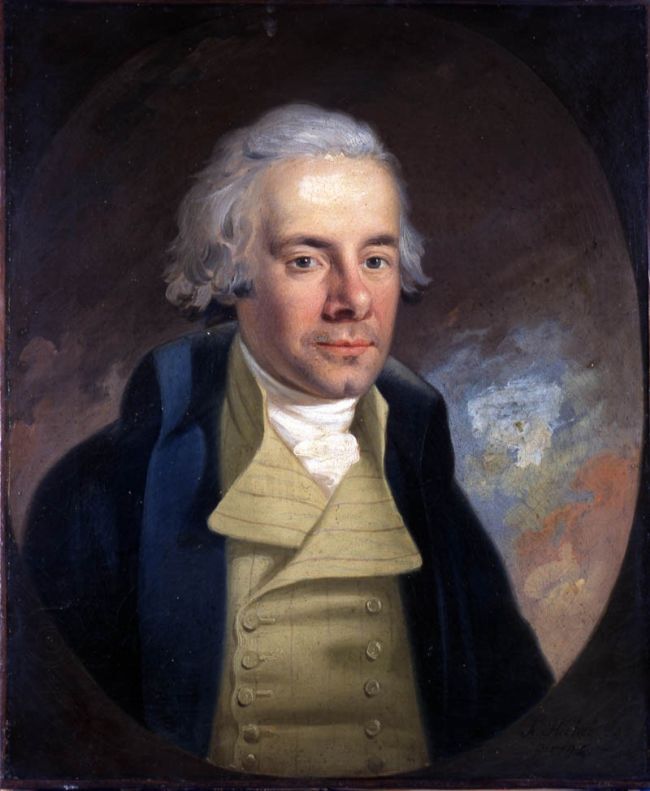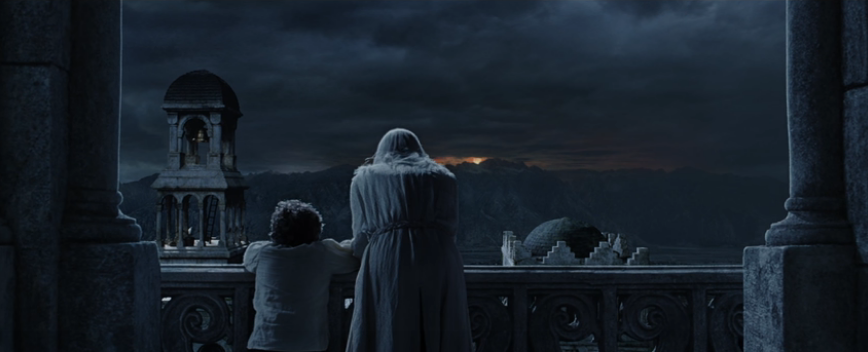I received an email from a reader a week or so ago and in one sentence he put his finger on a feeling that has been growing in my mind. He wrote, “In my lifetime there has never been a time where it feels like there are so many dark forces around us; it feels like we are in precursor stages to something much worse.” It certainly feels like we are on the edge of something. And when I say “something”, I do not mean pink cupcakes with chocolate sprinkles. More the kind of something that Gandalf refers to when sitting with Pippin on the walls of Minas Tirith and says, “It’s the deep breath before the plunge.” Ever since the fall of Adam, there has been constant warfare between the seed of the woman and the seed of the serpent. Sometimes it’s a Cold War and hostilities are not open, but every now and then open war breaks upon us, whether we would have it or not.
Perhaps those of us thinking like this are of a naturally pessimistic nature and we would think this about any time that we live in. Maybe history will show us to be utterly and completely wrong. Perhaps we are misreading the signs of the times. But I don’t think so. I think that we are like the dreamer who has awoken with relief from a nightmare only to realise that the disaster of his nightmare is real and imminent. If we are right, what are we to do? What is the battle plan? Where ought we to focus our efforts? Here are things I think urgently need addressing by Christians and the church in New Zealand.
1. We must acknowledge our individual and corporate sin as the reason we find ourselves in this current situation and repent by making changes where Christ in his Word calls for change. (Part 1A and 1B).
2. We must commit ourselves to dependence on our king. This means prayer, particularly for wisdom and courage and a renewed appetite for His Word, particularly looking at how God’s people of old have responded to times like these. (Parts 2A, 2B and 2C)
3. We must confront the Church’s unholy dualism and learn once more to apply the lordship of Christ to all things. (Parts 3A, 3B, 3C and 3D)
4. We must develop and practise an evangelism that not only calls for personal salvation, but Christ’s lordship in every sphere of life. In other words we must disciple the nations to obey everything that Christ taught and call unbelievers to recognise Christ’s kingship on earth. (Part 4)
5. We must seek to build a Christian counter-culture. and in that attempt, embrace Christian truths that make the world cringe.
6. We ought to prioritise Christian marriage and family as one of the most powerful methods of resistance
7. We must protect our children while we train them for the day they join us in the battle.
8. We must pray for and seek out leaders who understand the times, encourage (literally make or put in courage) timid leaders and challenge the compromised.
9. We must prioritise obedience to our king over wealth, comfort and respectability. We must be prepared to suffer for holding to the truth.
10. We ought to put our hope in the sovereignty of the reigning Christ who is subduing all his enemies. This is our Christian hope. We know how the story ends. He wins. And since this is so, we should fight like we can actually win, and at the very least, go down swinging
No doubt clearer thinkers will see other essential ingredients in our resistance. Feel free to let me know your thoughts on this. In future posts, we will explore each of these in a little more detail.

